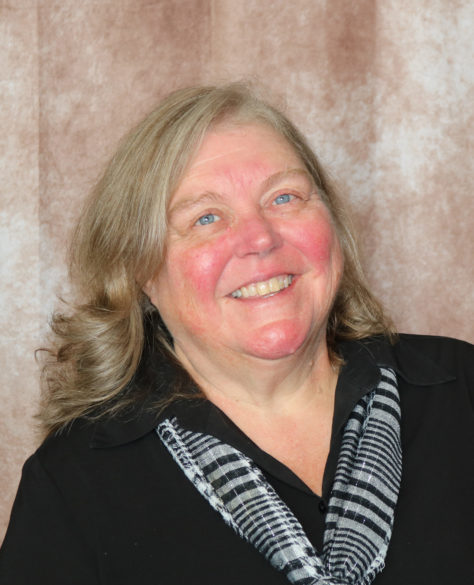KNEADING FAITH
By Fran Lavelle
I remember the day that Pope Francis was elected. I was still working at St. Joseph in Starkville serving as the campus minister. We had a television in the parish center lounge that the staff had on to watch the live coverage. I remember crying when they announced his name. In the photographs and television coverage that followed, I remember being taken by his eyes and his infectious smile. What I did not know at the time was how much his papacy would influence my ministry.
It is said that whatever is not transformed is transferred. Transferring supports a “that’s the way we have always done it” mentality and leaves no room for new ideas or ways of being. Transformation requires a continuous and intentional evaluation of the welfare of an organization. Pope Francis was intentional to his core. His desire to lead from the center instead of the top allowed him to model what he expected from his clerics. He invited the clergy to smell like the sheep. He chose to stay close to the poor and marginalized and demonstrated simplicity and humility.

I have been known to joke that we were basically the same person, Jesuit educated with a Franciscan spirituality, and we share the same name. But seriously, finding ways to emulate his life has not been lost on me. Out of many there is one major way in which he influenced my ministry and my life. He taught me the value and importance of synodality as a pathway for transformation.
My first experience with synodality was in 2018 when Pope Francis called a synod of bishops on “Young People, the Faith, and Vocational Discernment.” The papal exhortation, Christus Vivit, the final document summarizing the work of that synod, was published in 2019. It was an invitation to the young church and those of us who accompany them to take a long look at how we are in relationship with God and one another. Pope Francis called on adults who form youth in the church to first exercise the “apostolate of the ear” – that is to be first, a listener. He said, “Attentive and selfless listening is a sign of our respect for others, whatever their ideas or their choices in life,” quoting from Christus Vivit 292.
He was demonstrating how to journey with the young church as they discover God’s deep seeded love for them. “Rather than being too concerned with communicating a great deal of doctrine, let us first try to awaken and consolidate the great experiences that sustain the Christian life. In the words of Romano Guardini (from Christus Vivit 212), “when we experience a great love … everything else becomes part of it.”
Unpacking the wisdom of the Synod for Young People, the Faith, and Vocational Discernment helped prepare me for my role a few years later when Pope Francis called for a universal Synod on Synodality.
The Synod on Synodality was an opportunity for the people of God to pray together and ask of ourselves as individuals and within our church community where we are being called by the Holy Spirit in our journey of faith. It was the Pope’s desire to hear from all demographics, all ages, all people. This reflected his belief that the workings of the church is not a clandestine process that happens behind closed doors. Pope Francis asked church leaders to open wide their arms, ears and their hearts to hear the prophetic voice of God’s people.
Since the conclusion of the Synod process, the diocese has been intentional in animating what we heard from our synodal listening. A Pastoral Reimagining process was launched in 2023 whereby every parish in the diocese was given an opportunity to reflect on where they were and articulate a plan to get them where they want to be. Those plans were collated by deanery and a reimagined vision for each deanery was set forth.
To further reflect our understanding of what we heard, a full-time young adult and campus ministry coordinator for the diocese was hired in response to a call for greater leadership for that demographic. Additionally, in response for a call for greater lay formation, the Bishop William R. Houck Center for Lay Formation is being established to provide lay people with easy access to formation opportunities. The work continues to unfold. The Synod on Synodality was the pebble in still water that continues to create ripples in our diocese and around the world.
There is much to appreciate in his years as our Holy Father. He gave us so much to reflect on … be it how we recovered from the pandemic, faced the sin or racism, addressed poverty, considered care for our common home, or care for those on the periphery. Through it all synodality was at the core of his ministry. In the Jesuit tradition to see, judge and act – Pope Francis created opportunities for dialogue rather than dictates. We are a better church for his leadership. I am eternally grateful for how his vision helped form my own.
(Fran Lavelle is the Director of Faith Formation for the Diocese of Jackson.)


